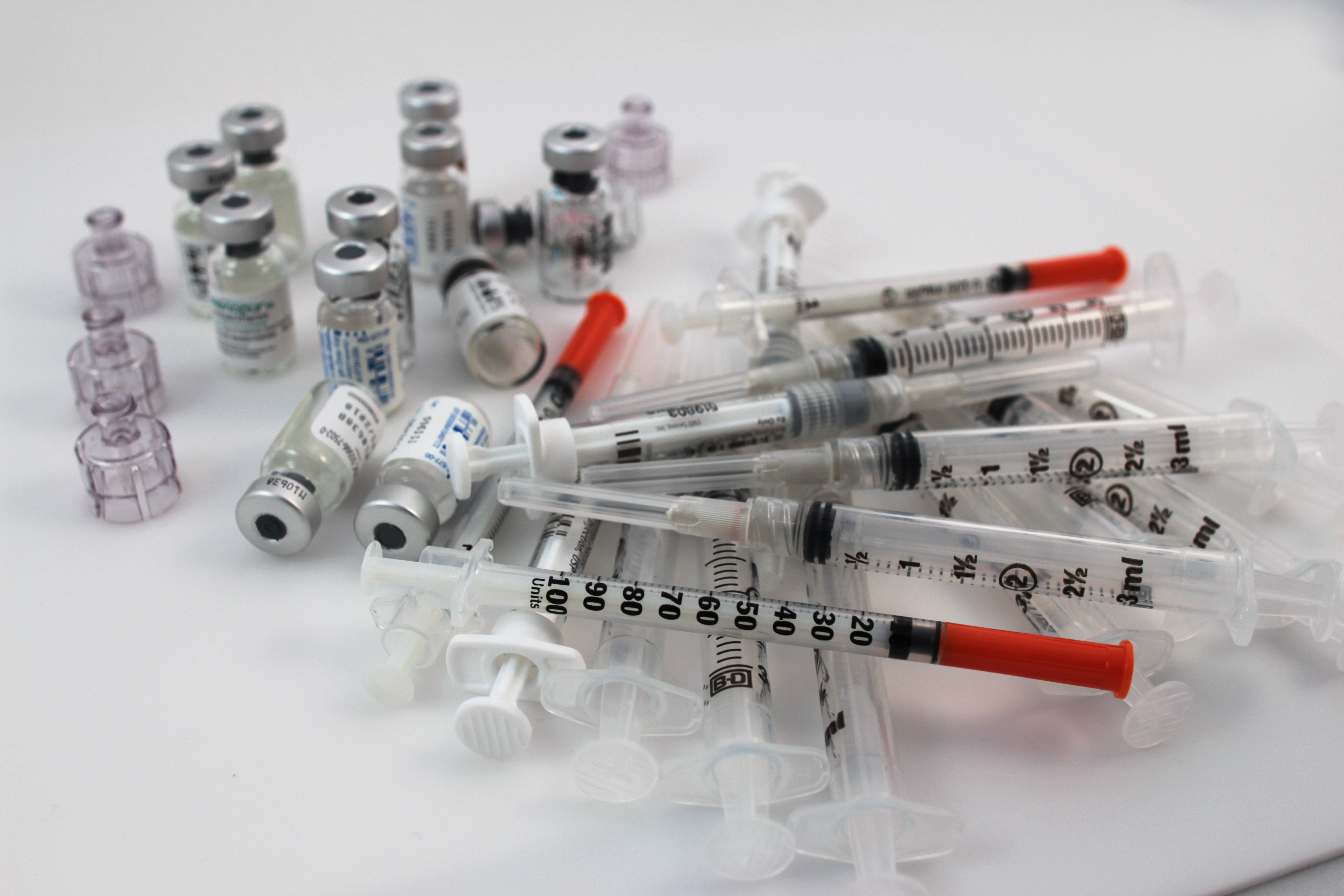The Business of IVF: How Human Eggs Went from Simple Cells to a Valuable Commodity
By Catherine Waldby,
The Conversation
| 10. 03. 2019
I think they collected […] maybe, six eggs. I think we got four embryos out of that […] One was transferred and three were frozen. So, the fresh cycle didn’t work. Tried a frozen one, didn’t work. Went to try the third frozen and they told me that one didn’t survive unfreezing, so then we had one left and that didn’t work, so we had no embryos left. So we did a fresh egg cycle again, and they got even less this time […] So I was thinking this is all going to be wasting time. But […] I think they fertilised four eggs, and then there was only one viable one, which is my baby.
Eva, a teacher in her early 30s, describes in my recent book The Oocyte Economy: the Changing Meaning of Human Eggs, a very common experience for women who have fertility treatment.
Many women and couples, encouraged by success stories and marketing, hope their years of unsuccessful attempts to conceive a child naturally are over, and fertility treatment will work.
Assisted reproductive technologies cover a...
Related Articles
By Diaa Hadid and Shweta Desai, NPR | 01.29.2026
MUMBRA, India — The afternoon sun shines on the woman in a commuter-town café, highlighting her almond-shaped eyes and pale skin, a look often sought after by couples who need an egg to have a baby.
"I have good eggs,"...
By George Janes, BioNews | 01.12.2026
A heart attack patient has become the first person to be treated in a clinical trial of an experimental gene therapy, which aims to strengthen blood vessels after coronary bypass surgery.
Coronary artery bypass surgery is performed to treat...
By Staff, ScienceDaily | 01.05.2026
Scientists at UNSW Sydney have developed a new form of CRISPR technology that could make gene therapy safer while also resolving a decades-long debate about how genes are switched off. The research shows that small chemical markers attached to DNA
...
Following a long-standing CGS tradition, we present a selection of our favorite Biopolitical Times posts of the past year.
In 2025, we published up to four posts every month, written by 12 authors (staff, consultants and allies), some in collaboration and one simply credited to CGS.
These titles are presented in chronological order, except for three In Memoriam notices, which follow. Many more posts that are worth your time can be found in the archive. Scroll down and “VIEW...




